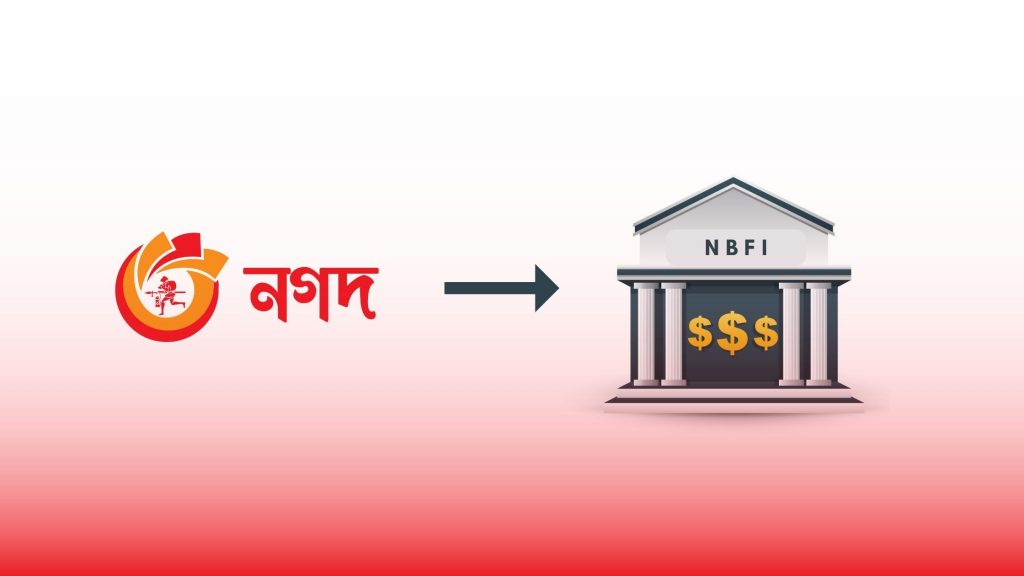According to official data issued by IBGE on November 24, Brazil’s economic growth dropped in the third quarter to a lower 0.4 percent as the central bank’s vigorous increase in interest rates slowed down Latin America’s largest economy.
According to official data issued by IBGE on November 24, Brazil’s economic growth dropped in the third quarter to a lower 0.4 percent as the central bank’s vigorous increase in interest rates slowed down Latin America’s largest economy.
As the global inflation crisis got underway, Brazil’s central bank launched one of the world’s first and most hostile regulatory tightening campaigns, quickly hiking its benchmark interest rate from the all-low of two percent in March 2021 to 13.75 % the moment.
Due to this, annual inflation has been reduced from an agonizingly steep 12.13 % to 6.47 percent. It slowed the growth of the economy as well.
If Lula unleashes a wave of fresh government expenditure, economists caution, the central bank might not even drop rates as anticipated.
“The balance of risks for 2023 is to the downside, due mostly to politics and the deterioration of the fiscal picture, which could keep interest rates high for even longer,” Pantheon Macroeconomics economist Andres Abadia penned.
“The weaker-than-expected GDP growth figure… highlights that the weakening global economy and higher interest rates are bringing the recent period of strong growth to an end,” stated William Jackson, director of developing markets research at Capital Economics.
“And leading indicators suggest that the fourth quarter will be even weaker still,” he stated.
Causes have severely impacted Brazil’s economy at home, such as the political gridlock brought on by Bolsonaro and Lula’s acrimonious election clash and the inflation crisis brought on by the Covid-19 outbreak and the war in Ukraine.
Trying to enact a constitutional change that would temporarily remove an expanded version of Brazil’s primary social program from the government expenditure cap Lula, who presided over Brazil from 2003 to 2010 and his campaign team. However, the decision has the markets concerned about the new administration’s stance on fiscal restraint.
The important agricultural sector of Brazil, which led the downturn with a decline of 0.9 percent, was particularly bad according to November 24 numbers. The industry grew by 0.8 percent, while the services sector increased by 1.1 percent.
Brazilian consumer expenditure growth slowed from 2.1 percent in the second quarter to one percent in the third, despite the country’s jobless rate dropping from such a pandemic high of 14.9 percent to 8.3 percent at present.
According to the most recent central bank survey, released on Monday, analysts expect Brazil’s GDP to grow by 2.8 percent this year and 0.7 percent the following year.
That is less than the 3.5 percent growth estimate for Latin America by the International Monetary Fund for 2022.



